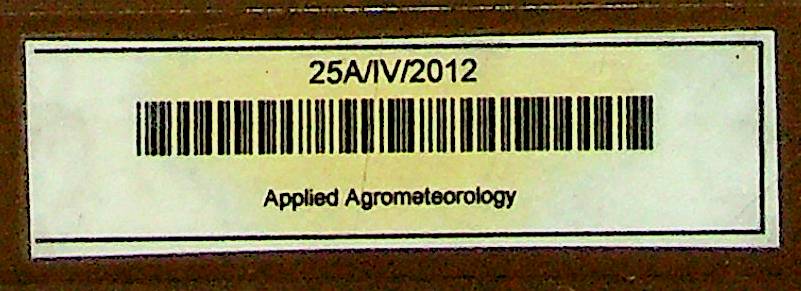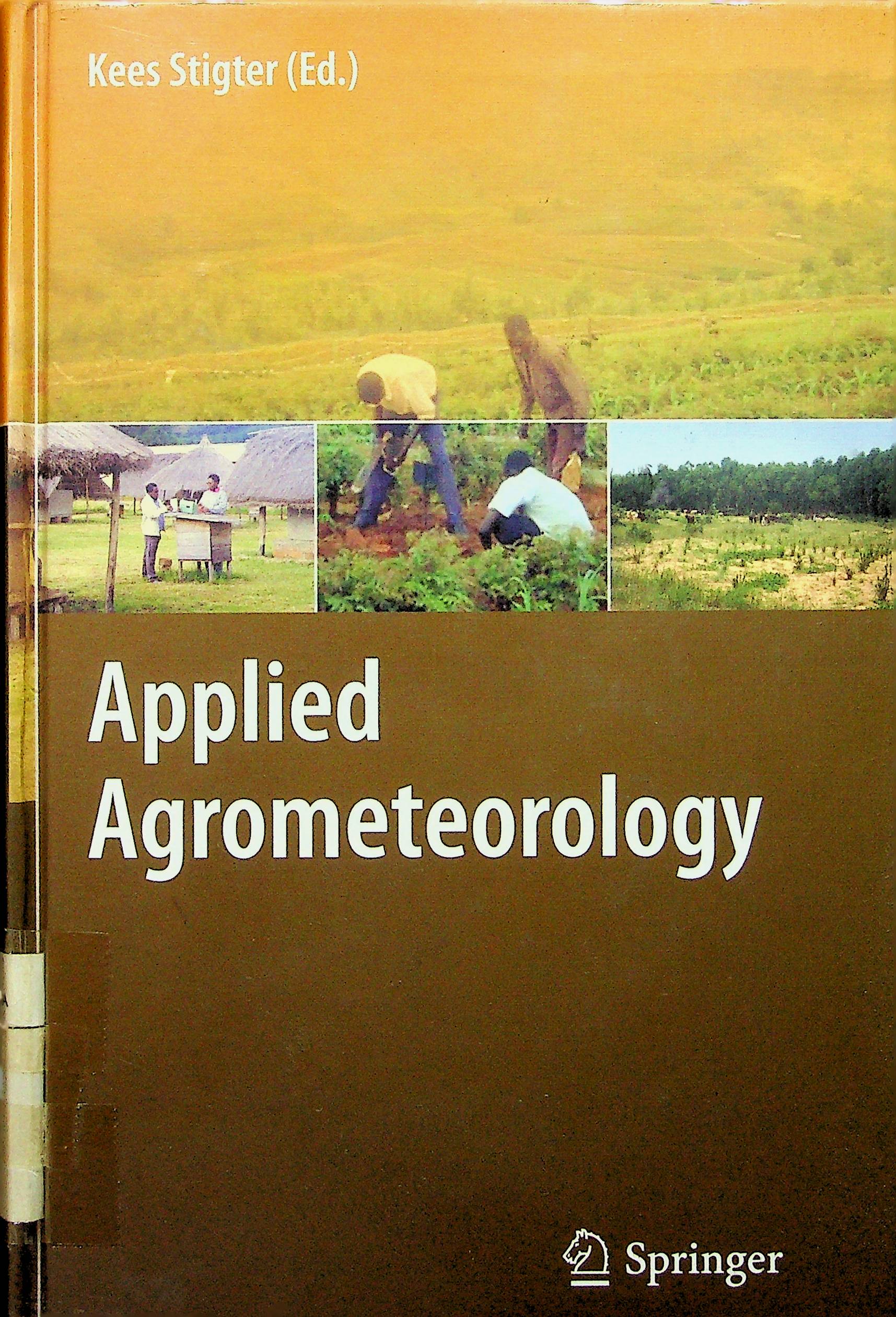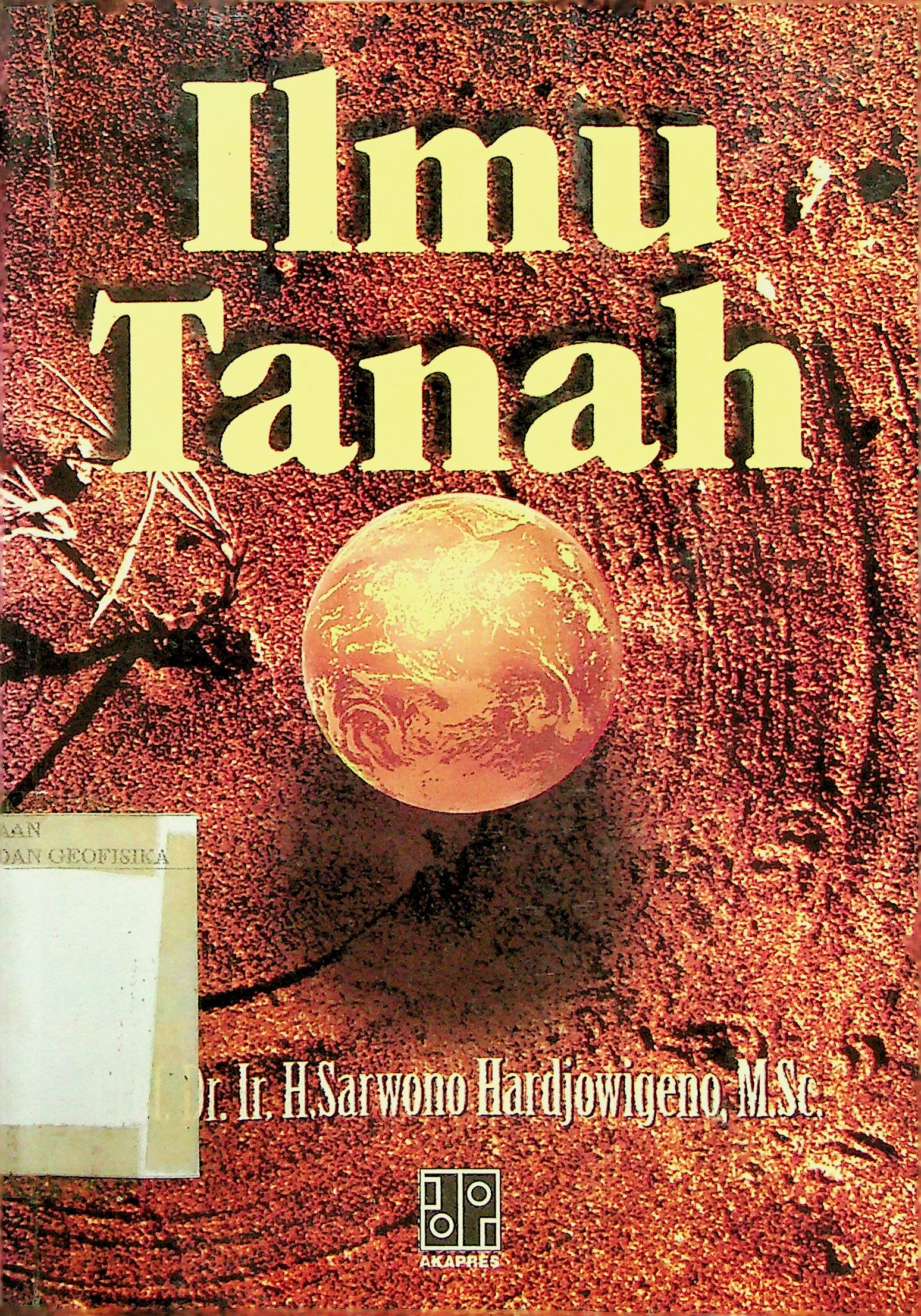I recently presented an invited paper “Rural response to climate change in poor countries: ethics, policies and scientific support systems in their agricultural environment” at an International OECD Policy Conference at the University of Wisconsin, Madison (USA), 29 June till 1 July 2009, on “Sustaining soil productivity in response to global climate change: science, policies and ethics”. One of my conclusions was that (external) ethics is these days a (rare but) thoroughly accepted reason to decide to work in and for developing countries in Africa, Asia, Latin America. I took that decision more than 40 years ago. This ethical choice was based on my own suffering from the poverty that I had witnessed during early travels (in the 1960s) in these three continents.Intuitively applying an interpretation of the Buddhist philosophy of the four Noble Truths (e.g. Brazier 1997), I learned that one can respond to such personal affliction by this rural suffering from physical and socio-economic (environmental) disasters in a practical way. Going the eightfold path of the right view (of ourselves), the right thought (of higher purpose), the right speech (of the vow of aspiration), the right action (of being part of a big story), the right livelihood (lifestyle), the right effort (intensity), the right mindfulness (remembrance and transcendence) and the right (transformative) vision. In doing so, one’s private suffering may be diminished as well.
5
Applied Agrometeorology
Kees Stigter
Penerbit :
Springer-Verlag Berlin Heidelberg 2010
Tahun :
2010
Buku Text
Meteorologi
-
No Scan115
-
No Klasifikasi551.5
-
ISBN-
-
ISSN-
-
No Registrasi25A/IV/2012
-
Lokasi Terbit-
-
Jumlah Hal84
-
Label551.5 Sti a
-
Versi DigitalYA
-
Versi FisikYA
-
Lokasi Rak Buku Fisik01/B/11
-
Jumlah Exemplar Fisik Tersedia1






